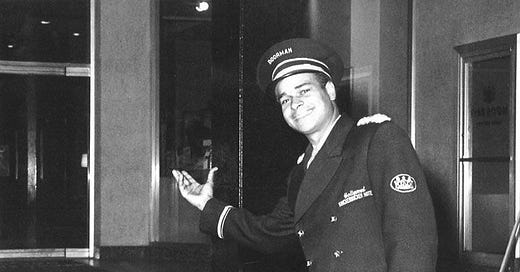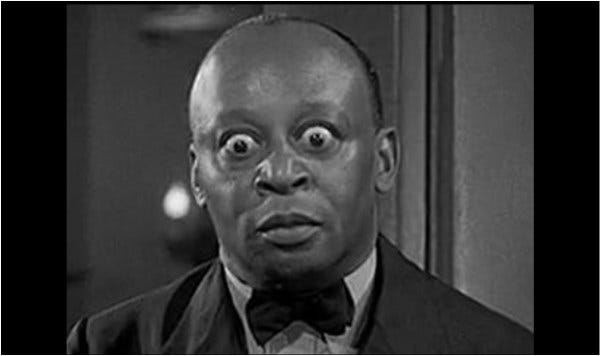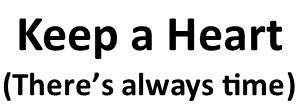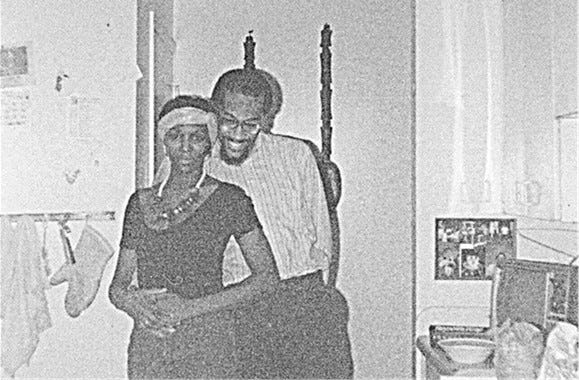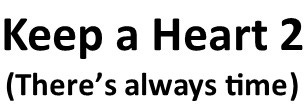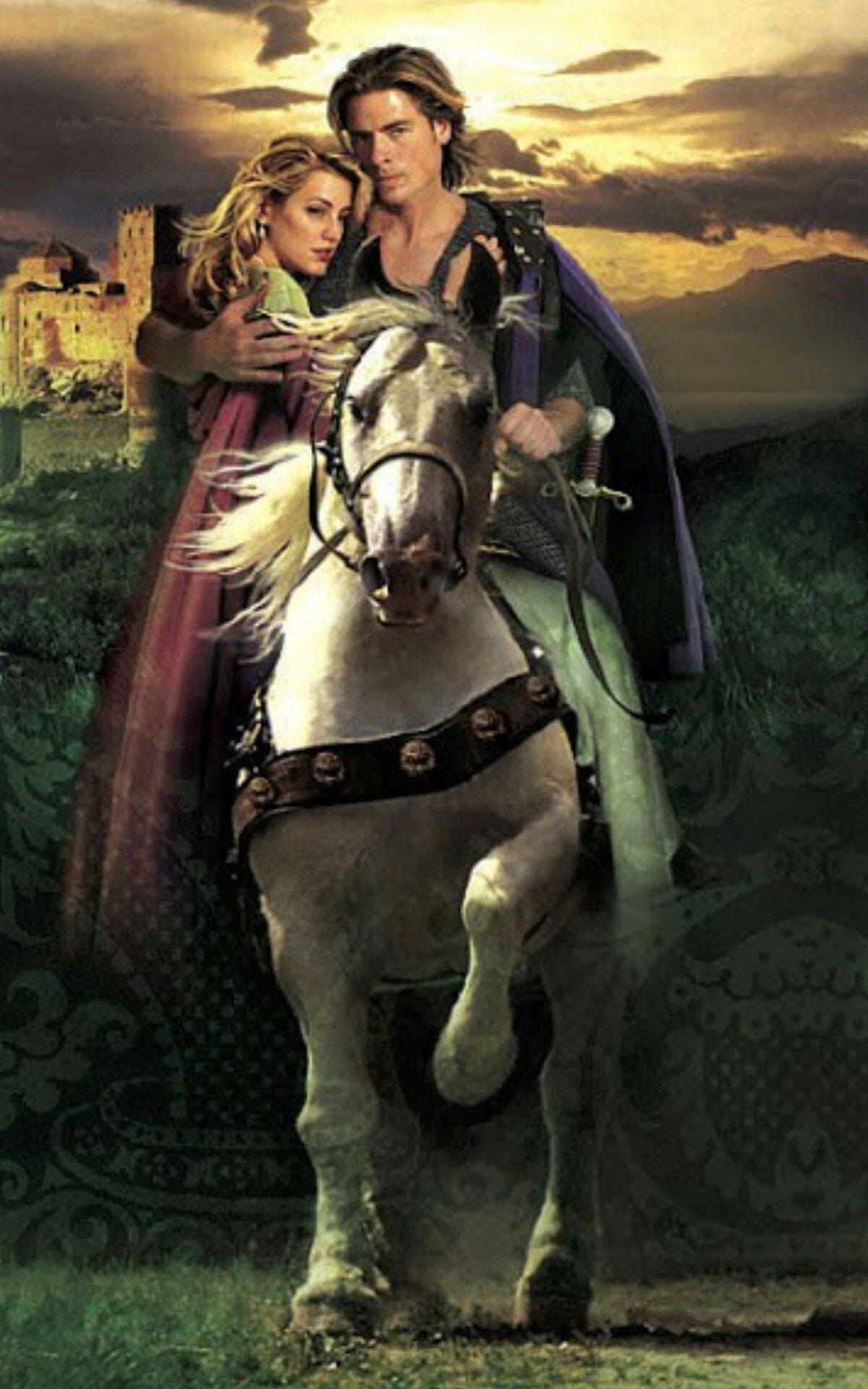I hold the distinction of being non-distinct. Before retiring, I held every type of job imaginable. I was a “working Joe” who, throughout my work life, had every kind of job, from shoveling elephant shit at Ringling Brothers and Barnum and Bailey Circus, to a position as a crack, self-taught, expert Database Manager. I hacked (drove a taxi-cab) for three years [cab no. 701] as an independent lease driver for Yellow Cab Company (owned by Checker Motors) in metropolitan Chicago, i.e., the city of Chicago, its suburbs, and satellite cities.
That was a gig that I mastered, and I made enough dough to purchase my own house, which an ex-wife tried to steal from me by hiring a crooked, female lawyer to concoct an illegal scheme. Luckily, I saw through their scheme, as, finally, the male Judge did. Her crooked lawyer got into big trouble, and she might have even been disbarred—another victory for us toxic males!! (Continue reading below).
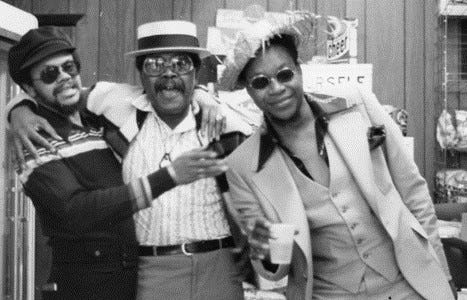
And despite having experienced work life within the rarefied halls of corporate America, as a professional Database Manager, nothing on EARTH was as fulfilling and as much fun as hacking, especially in the rough [driving-wise] and congested downtown streets of Chi-Town (Chicago). I’d even grown a rep, as an old-timer hack once said to me, through a smile, “I saw you out there, yesterday, 701. Damn, leave some for the REST of us!!”
My dad and big brother had hacked, before they’d entered their respective professions. And, at least up through the ‘70s, when you lived in Chicago, you walked toxic; you dressed toxic; you fought toxic [cheated]; you thought toxic; and you hacked toxic. I played “chicken,” many times, against other hacks, rushing to get across an intersection, after the traffic light changed, to get that fare that was flagging for a cab. I never lost.
As a religious person, my initial experience with nightlife in Chi-Town was very uncomfortable, as I watched “the kafiroon” [“disbelievers”], come out at night, dressed (often “inappropriately”) in their finest, strutting their stuff, “stinking” of perfume, sitting “arrogantly,” in the back seat of my cab, “as if they’re gods!” As I said: That was my initial experience.
But, in a short period of time—only a couple of months—I found myself smiling as I discovered something that, prior to hacking, I would never have seen: It was a game. And everybody had a role, or a part to play in the game.
Even though I’d become a religious Muslim, accepting of all races, I still had that seemingly perpetual, anti-“White man,” chip on my shoulder that the religion of Islam, as yet, had not shaken off of me. So, as a Black man, when I first started hacking, I literally detested what I perceived to be a particular role that was being played by Black doormen, in their “slave” doormen’s uniforms.
I remember the first experience that pissed me off. The high-rise condo residences of the well-to-do and rich have special flashing lights that alert hackers that someone needs a taxi-cab. One day, I was nearing Outer Drive East, I think it was, near Chicago’s Lake Michigan, and saw the yellow flashing light. I pulled into the circular driveway to catch that fare. Here’s how the routine, as I was to learn, is supposed to work:
You pull in and sit, waiting for the fare to come out.
You see the fair, sometimes with a suitcase, coming through the revolving doors.
The doorman, who’s standing outside, pretends that he just saw the fare.
He then, “with unnecessary, slavish theatre,” as I saw it, often portraying an angry face directed at the hack, jerks his hand towards himself, signaling the hack to drive forward.
The hack starts driving forward, timing it so that by the time the fare has exited the revolving doors, the cab is “properly positioned,” ready for the fare to enter the cab.
The fare has now exited the revolving doors, and placed her suitcase [She’s probably going to O’Hare Airport] on the ground.
The doorman, in “slavish theatre” again, picks up the fare’s suitcase, and waits for the hack to get out of the cab, run to the back of the cab to open the trunk so that the doorman can place the suitcase in the trunk for the fare, then open the backdoor of the cab for the fare, and get his tip from the fare.
When I first experienced that, I felt like I was in a 1930s movie, where some Black, Mantan Moreland, “Uncle Tom,” pop-eyed, grinning, shuffling, slow-talking, “nigger” was reminding the movie audience of “the place” of Black folks in America. So, that first time, I slowly drove forward, did not get out of the cab. She’d have to keep her suitcase with her, in the back seat!! “F*ck that lackey sh*t!!,” I’d thought.
But! It didn’t take long—only about a month—for me to see what was really happening. There was a favorite restaurant of hacks, where we hung out when taking a break, or having lunch. There was plenty of parking space, and that’s one reason that restaurant was popular to hacks.
One day I took a break and decided to go there to eat. I got into a discussion [more like, tried to force a discussion] about “that lackey” over at Outer Drive East. As I was sitting there pontificating about “Black dignity” and how “We should never act like lackeys” and that “I ain’t playing that game,” I noticed the hack I was talking to was deathly quiet, never responding, continuing to eat his food.
Then, after I’d finally finished my little “Black consciousness” speech, the dude, a Black man, said to me, still looking down at his food, as he continued eating, “Well, all I can say is what you just said.” He then finished chewing the last morsels of his food, stood up to leave, and said, “It’s a game. That doorman, my friend—I know him. And that nigguh’s virtually rich. He lives in Chatham Village. He and his wife have a grand piano in their crib. And they’ve sent their three children through college. So, if you want my advice, brother: Play the game—roll those tips and keep the f*ck on.”
He left. I sat there, continuing to eat. But the pictures in my mind—the blonde who struts, as if she’s some Hollywood “starlet,” who, if she had one, and if minks were still on the set, might drag her mink coat on the ground, as Hollywood actresses of the 1930s and 1940s used to do to signal their wealth; the young, sunglass-wearing, Tom Cruise-looking, “arrogant White boy” who “thinks he’s a god to be worshipped”; that other lackey, the “ridiculous” head waiter, in his “monkey suit,” smiling and bowing, like a slave; and the doorman—had now all began to look different to me. They were all professionals—professional game players, actors and actresses, par excellence.
In just three words, “Play the game,” a whole new world had opened up. An entirely different perspective. It was all bullsh*t—a game being played. And everybody had a part. Reminds me of a couple of lines of an old Doo-Wop song by The Fantastic Four: “The whole world is a stage. And everybody’s playing a part.”
Those words, “The whole world is a stage” played over and over and over again in my mind, as I sat there, in that restaurant, grappling with what I’d just been told: “Play the game.” It still took me another month to wake up. And, strangely, when I hacked on Friday nights, watching The Game being played, it all began to look exactly like that: a game; a big act; theatre. And worse yet, I began to enjoy it!!
After about a month, the next time I saw that flashing light at Outer Drive East, it was lights, camera, and action, as Kenny Red, the pimp in the 1999 documentary, American Pimp, had said. I pulled just into the driveway and stopped. And I timed the rest carefully. When I saw the Angelina Jolie-in-her-prime-looking, sunglass-wearing “actress” enter the revolving doors, I didn’t wait for the doorman to signal me. I was now an actor too. I pulled up, and I pulled up fast, theatre style. And I could see that this was definitely a $22.00, with tip, O'Hare Airport fare, because she was carrying two suitcases.
I jumped out of the cab. When she exited the revolving doors, I beat the doorman to the suitcases and grabbed them myself, eliciting a smile and a “Thank you” from her, the doorman standing there ROYALLY pissed off, as was easy to see. I then smiled and motioned her, with my head, to the back door. She walked to the back door. I sat the two suitcases down, opened the door for her, and she crawled in, Jolie style. I then picked up the two suitcases, walked them to the back of the cab, opened the trunk and put them in.
I got back in the cab, and said, “And where might we be going?” She smiled and said, “O'Hare.” I circled around the driveway until my side of the cab was facing the doorman and I was driving off. I saw him looking at me, mouthing something, one word of which was definitely the word, “motherf*cker.” I figured his entire sentence was, “You motherf*cker, you!!!” I smiled. But I thought, as if talking to him, “Yeah, I bet your three graduated children ain’t working as doormen.”
I continued playing The Game until I’d made enough dough to use as a down payment for my first home, which I lived in for seven years until I sold it to my friend, Muhammad Aziz, after my marriage later ended and I re-married and moved to my new wife’s crib. For seven years my then wife did not work, until the last months of the marriage. And our two children had their own home to be raised in…because I’d played The Game. Unfortunately [or fortunately] the marriage ended.
It surprised me how quickly I warmed up to the Friday night life in Chi-Town—its colors; its people; its flavor; its actors; its actresses; its theatre. And, as my big brother was fond of saying, “You can live in Chicago all of your life, never leave, and meet everybody in the world.” For me that included Muhammad Ali, Phyllis Diller, Dolly Parton, bones-earned Mafiaso, Oscar Brown Jr., who became a genre in himself, as he produced cut after cut after cut of Black folk songs that touched the heart and soul of Black folks and the Black experience, and who I once picked up as a fare.
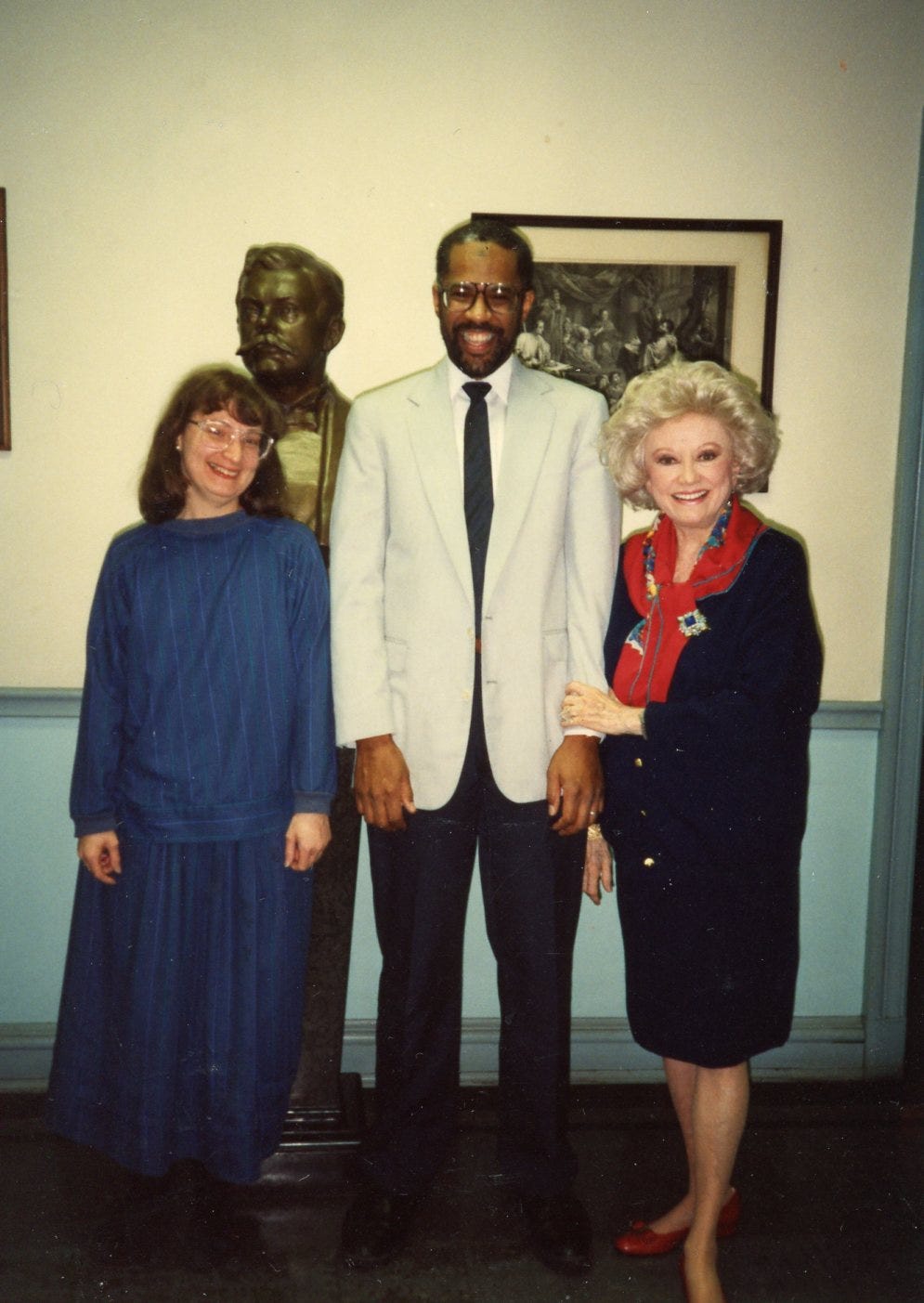
And no, when Oscar Brown Jr. got in my cab, I didn’t start singing Signifyin’ Monkey or Watermelon Man or Rags and Old Iron or Somebody buy me a drink or But I was cool when the truly cool Oscar Brown Jr. copped my cab. Okay, that was a lie. I did sing.
“‘Raaaaags and old iron! Hey, RAAAAAGS and old iron! Raaaaags and old iron! Hey, RAAAAAGS and old iron!’
“I heard an old rag man, out making his rounds.
Coming right down my alley, with sorrowful sounds.
Crying, ‘Raaaaags and old Iron,’ and pulling his cart.
I asked him how much he’d give me, for my broken heart.
‘Raaaaags and old iron! Hey, Raaaaags and old iron!’
All he was buying, was just rags and old iron.”
I couldn’t help it. Back in the late ‘60s, I had literally memorized every single cut on his Album, Sin and Soul.
“Said the signifyin’ monkey to the lion one day,
‘Hey there’s a great big elephant, down the way!!
Goin’ round talkin’, I’m sorry to say,
about yo mamma in a scandalous way…’”
That got a smile out of him (and a couple of chuckles). And, more importantly, a big tip. He was as big-hearted as he’d always looked on TV or at nightclub venues, and as I’d always heard, through the grapevine, that he was. Play the Game.
I was a lease driver. That meant that I paid, every day, to lease my cab from Yellow Cab Co. That made me an independent businessman, unlike the hacks that were on commission as employees of Yellow Cab Co. Most lease drivers didn’t take calls. They preferred to roll and be more free.
Once I learned the hack game, I knew how to make my dough. I rolled from 6:00 a.m. to 6:00 p.m., after which I’d drive to my cab station, pay my lease for the next day, then drive home, keeping the cab. I tried to roll only in downtown Chicago, where you got those quick, short-trip, $3.00 fares, but fares that very rapidly added up.
One day, though, I picked up a fare downtown at State & Madison Streets, “zero street” in Chicago. He wanted to go to Homan & Douglass, on the west side of Chicago. I didn’t want to go, because I didn’t want to miss out on those quick fares, and it would make no sense to hang around the west side looking for fares. I would have to “dead head” back, that is, drive straight, non-stop, back downtown so that I could get back into that quick-money mix.
I took the fare to Homan and Douglas. After he paid me and left my cab, I sat there taking in the typical west side scene. The area was a ho stroll; a strip; a track; a blade; an area where women “walked,” that is, where they plied their trade in another game: prostitution. I recorded my dough in a tiny, dime-store ledger, as I was still raising money for the down payment of that house I wanted.
It was a summer day. I wanted to quickly dead-head back downtown to get back in to the quick-money mix. But, instead, I sat there for one hour taking in the scene: Black men, White men, Hispanic men, rolling. Some blank-faced. Some looking sheepish. Some looking cautious. Some smiling devilishly. Some just smiling. But all looking for the same thing: sex. It angered me.
It was painful. Though no longer a “Black revolutionary,” I had that form of consciousness about Black women, or any woman, being exploited; risking her life; satisfying her part of the deal, but risking the trick brutalizing her and taking his dough back. At one point, I hollered, “Oh, God, if you could let me take just one of these women off the blade!!!” I then performed a lengthy “dua,’ that is, Islamic prayer.
When that hour of prayer passed—an hour of lost fares—I dead-headed back to downtown Chicago, cursing myself for having “wasted” an hour praying to God for the opportunity to help take one of those hustlers off the street. I giggled, mockingly at myself, thinking, “Yeah! You, a stone square, praying to take a hustler off the blade. Got any other ridiculous ideas, or are you gonna hack??!!”
Eight years later, I was on the “El” (elevated) train in Chicago, coming back from Kung Fu class with my two children, Adumila and Soyini. A Black woman—the one in the below picture—got on the train. I was to find out that she lived near the intersection of Homan and Douglas, the intersection where, eight years earlier, I had prayed to God, “…if you could let me take just one of these women off the blade…” Eight years later, that prayer was answered.
It took me nine months to take her off the blade, but the prayer I had prayed, eight years earlier, had been answered. She went on to become a successful real estate agent, and sent her daughter all the way through college to graduation, with her real estate money. To read the entire story, start reading on page 165 of my book, Uncle Tom’s Uncle, Second Edition, the chapter entitled, “Dee.” On page 177, you’ll read about the religious leader and spiritual mystic (His picture is on that page), Nasir Ahmad, who was the inspiration for my decision to try to take Dee off the blade. The chapter, Dee, is quite long—45 pages—but I hope it will provide you inspiration (and a few happy tears).
Keep a heart. You’ll lose nothing, and gain everything. That being said, uhhhh, I would not recommend your trying to take a hustler off the blade!!! If you want to do a good deed, walk an old lady across the street!! You’ll get MUCH better sleep!!! You’ll see what I mean when you read “Dee.”
One of my best friends, Mike, hacked. One day he told me a story of one of his experiences. Rush Street, in Chicago, was a very popular street back in the day, especially for the elite. There were nightclubs, lounges, “upscale” boutiques for the elite. It was a must source of fares for hacks. That’s how I got that Oscar Brown Jr. fare. He was playing in one of the nightclubs at that time.
One night, Mike was out hacking. He saw a woman standing on the corner, flagging for a cab. He stopped and picked her up. Unfortunately for him, she was no longer in this world at the time: She was sloppy drunk. One of the skills you picked up when hacking was how to avoid such fares. And some people who’ve tied one on know how to disguise how drunk they are: They stand very still—much too still to be real.
Mike was very streetwise. He could easily see that the woman was sloppy drunk, because she was standing comically still, as, at the same time, she flagged. Mike had a wife, four children (all girls), and wanted to call it a night. But Mike, like me, had grown up during the 1950s. It is no exaggeration that 1950s men were taught, by their dads, to be Knights in Shining Armor, ever prepared to save a “damsel in distress.” Back then, it was quite the opposite of what the character in the movie, The Equalizer, Robert McCall, played by Denzel Washington, said to Alina, the teenage prostitute, when she asked him the theme of a book he was reading:
Well, Knights did still exist, even if only a few, in Chicago. And Mike was still a Knight. He could not stand the thought that the woman might be taken advantage of by some other hack that might not give a shit about Knights, damsels, or anything else other than taking every dime she had, and maybe taking whatever else he could get. Such “men” did exist out there in the hack game. He took the fare.
She crawled into the back of the cab and slurred an address, as she rambled through her purse. No more stiff-standing camouflage, though Mike had seen through that anyway. Mike would drive for one hour and a quarter, stopping at each address she’d given him, none of them the right address.
Believe me, the average hack would have left her in the streets at the second wrong address given. Hacking is a hustle. You have to “keep rolling,” as the expression went, to accumulate those fares, unless you were lucky enough to pick up that rare, rich eccentric who gets in your cab and says “New York City,” a hack’s dream fare. After you dropped him off, the fare would pay for the trip, with a huge tip, but also pay the fare for your trip back to Chi-Town. And, no, I was never that lucky to get such a fare.
At one point, she slurred, “I gotta piss.” Mike stopped the cab. She crawled out, stooped down next to the cab, pissed and got back inside. After she got back inside, she slurred, “I don’t have any money.” Mike looked back at her, through his rear-view mirror. She’d taken her panties off, leaned back with her legs spread eagle, and said, seductively, "I got no money.” She then smiled, and said, “So what are you gonna do now? Rape me?”
When Mike told me the story, he’d said, “My head was spinning. You know how it is: Out there in the wee hours, no one would know. I ain’t gonna lie: It was tempting. But I thought about my dad. And even at his age, if I told him I’d taken advantage of a lady—drunk or not—he’d have kicked my ass all over Chicago. I decided to ignore her and keep driving.”
Finally, after having driven the woman to several wrong addresses, Mike stopped the cab. He turned around, snatched the woman’s purse from her, rifled through it, found her driver’s license, and drove her to the address on the license—the correct address. By now, Mike had wasted an hour and a quarter, driving that woman from address to address.
When he reached the correct address, he stopped the cab, got out, opened the door for the woman, and walked her up to the door of her home. A woman inside had been looking out of the window, and opened the door when she saw Mike and his fare. As it turned out, the woman inside was his fare’s sister. Mike said to her, “It took me a while to get here,” dropping a hint. She apologized for her drunk sister, and said, “I’m so sorry, sir. She always does this—gets drunk and can’t find her way back home. There are issues, obviously. But she’s a good person—a teacher in elementary school.” The woman paid Mike the full amount on the meter, plus a big tip.
Chalk up another win for a toxic male Knight in Shining Armor.
Sorry, but for some strange reason, I couldn’t find any Black Knights in Shining Armor pictures at duckduckgo.com. But, you get the idea. 😊
What was the inspiration for writing this article? The world is going insane. I don’t have to elaborate, as I’ve written enough Substack articles to prove it. Well, in this insane world, despite all that we have to deal with, I feel that we should always keep our humanity, no matter what.
If you’re playing the game, in the role of an alleged lackey, keep your humanity. You know who you are. Keep your dignity, live an honorable life, and stay in the fight. If it appears that you will “lose” by helping someone, think again and be like Mike. There are other ways to win other than money and material things.
As we ended phone calls, letters, and meetings back in the day, Peace out!!
